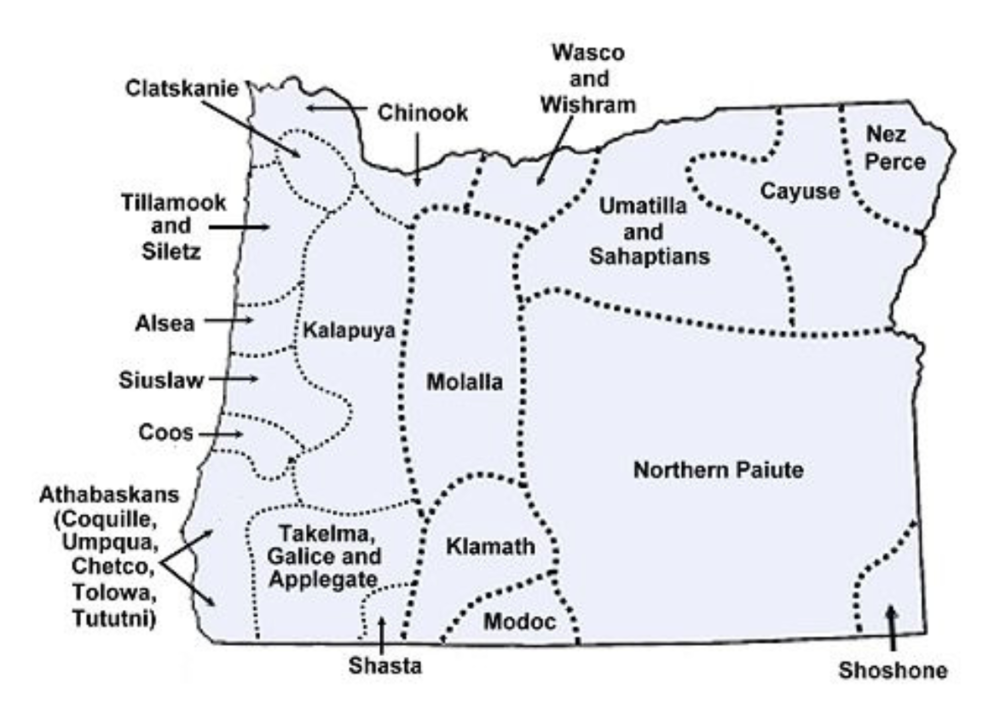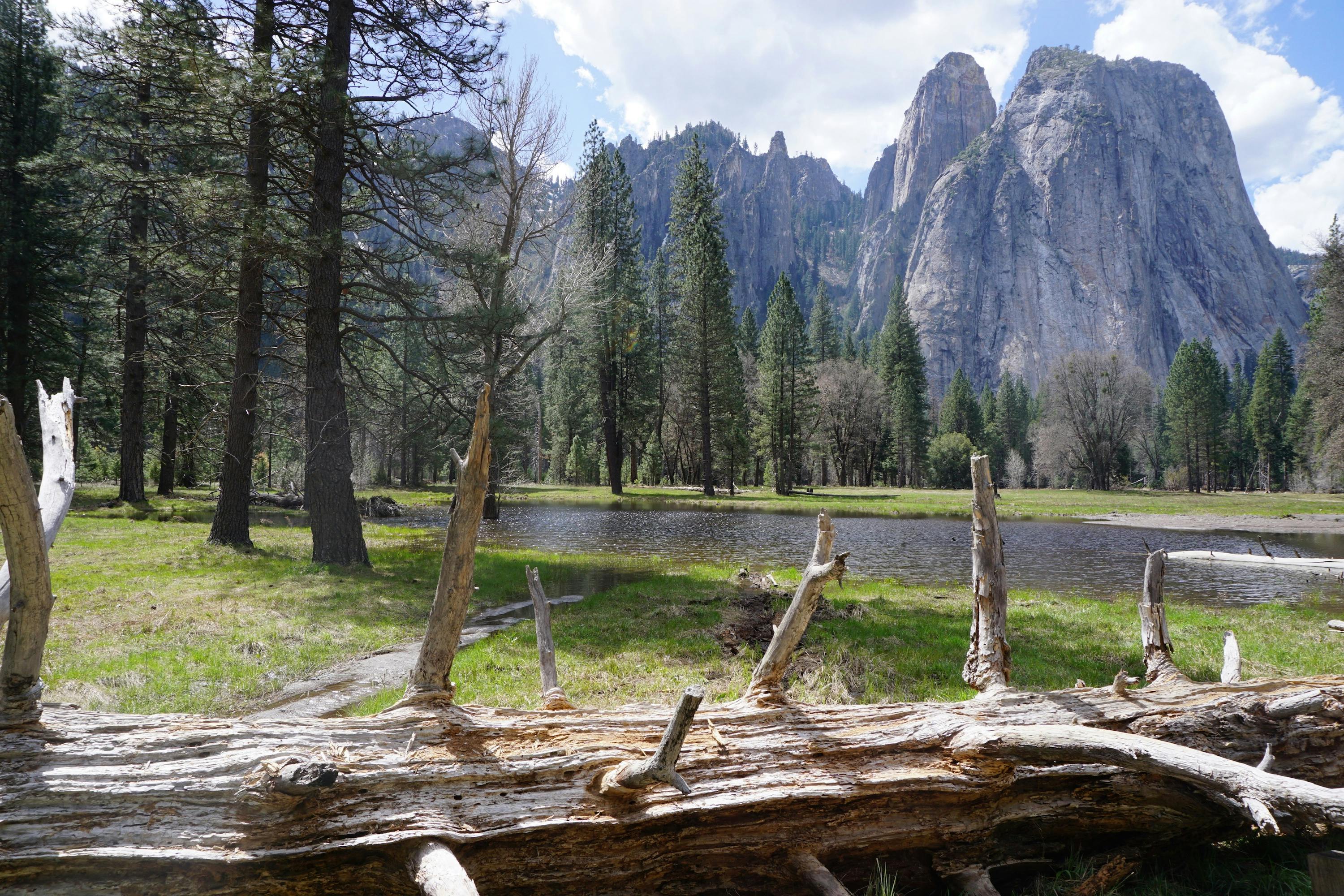Indigenous Land Acknowledgement
Indigenous Land Acknowledgement
In Brown Hope’s attempts to center Indigenous peoples, we recognize and uplift their fights and struggles in Portland and beyond. We must be conscious of the continued genocide and erasure of Indigenous peoples and elevate them, their resilience, and their ongoing efforts to protect the territories that have been forcibly taken away from them. As we strive to advance Indigenous projects that aim to reclaim their traditional lands, it is critical that we acknowledge the land we reside on and the communities that have been their stewards. That being said, we believe this is the bare minimum we can do. A mere recognition of the local Indigenous peoples, nations, tribes, and bands that have inhabited this place (and other colonized spaces) is not enough. We must strive to advance conversations about reconciliation, reparations, and LANDBACK movements while centering Indigenous voices and perspectives.
Brown Hope is located in the occupied territories of the Multnomah, Wasco, Cowlitz, Kathlamet, Clackamas, Watlala Bands of Chinook, Tualatin Kalapuya, Molalla, and many other Indigenous nations, tribes, and bands who made their homes along the confluence of the Columbia and Willamette Rivers. By recognizing these communities, we honor their legacies, lives, and descendants, and acknowledge our roles and responsibilities as guests on stolen lands.
Check out this resource to learn more about the tribal communities in Oregon.
Finally, we must remember that the fight for Indigenous recognition and sovereignty is a global one and we stand in solidarity with Native peoples across the globe. Check out this growing resource to learn more about Indigenous cultures and their territories around the world.

More information about land acknowledgements can be found here.
We have continuously benefited from the wisdom of various local community partners, organizations, and individuals. We want to highlight some of the partners whose knowledge has guided us into being better allies for Indigenous peoples in the US. This list will continue to be updated as we build new alliances within our communities.
